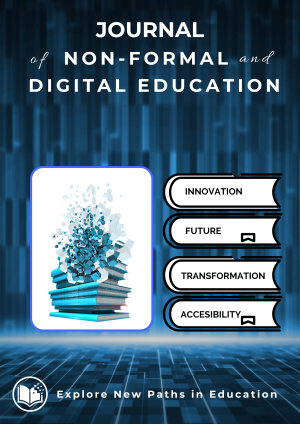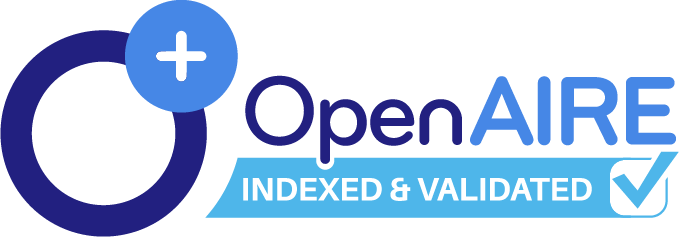Non-formal education and its impact on society
DOI:
https://doi.org/10.63734/JNFDE.01.02.006Keywords:
Non-formal education, Social impact and cohesion, Responsible citizensAbstract
Non-formal education is a complementary and essential form of learning, carried out outside the traditional institutional framework, aiming to develop personal, social and professional skills. This type of education plays an important role in forming active and responsible citizens, contributing to social cohesion and the development of communities. In this study, the benefits of non-formal education, its social impact and some concrete examples that illustrate this educational form are examined.
The research employed a qualitative approach, combining literature review and case study analysis. Data were gathered from non-governmental organizations, community education centres, and adult learning programs across various regions. Interviews and focus group discussions with participants and facilitators of non-formal education programs provided rich, contextual insights. The methodology emphasized understanding lived experiences and the perceived societal value of non-formal learning. This approach allowed for a deep exploration of how such programs contribute to community development, personal empowerment, and skill acquisition.
The study found that non-formal education plays a pivotal role in bridging gaps left by formal educational systems. Participants reported increased confidence, improved employability, and a stronger sense of community belonging. Programs focused on literacy, vocational training, and civic education were especially effective in marginalized communities. One notable finding was that non-formal education often leads to ripple effects—such as intergenerational learning and increased civic participation. Additionally, the flexible, learner-centred structure of these programs was found to accommodate diverse learning styles and life situations, making them accessible to youth, women, and older adults.
Non-formal education holds significant potential for fostering inclusive and sustainable societal development. The research underscores the importance of integrating non-formal learning frameworks into national education policies to enhance social equity and lifelong learning opportunities. Policymakers and educators are encouraged to recognize and support non-formal education as a strategic tool for social transformation and economic resilience.
References
Brennan, B. (1997). Reconceptualizing non-formal education. International Journal of Lifelong Education, 16(3), 185–200. https://doi.org/10.1080/0260137970160303
Brinks, R. G. (1989). The formation of a non-formal education team. Theological Research Exchange Network (TREN). http://www.tren.com
Council of Europe. (2020). Youth work essentials. Council of Europe. https://www.coe.int/en/web/youth-portfolio/youth-work-essentials
Tudor, S. L. (2013). Formal–non-formal–informal in education. Procedia - Social and Behavioral Sciences, 76, 821–826. https://doi.org/10.1016/j.sbspro.2013.04.213
Published
Issue
Section
License
Copyright (c) 2025 Journal of Non-Formal and Digital Education

This work is licensed under a Creative Commons Attribution 4.0 International License.















